Office of the Senior Deputy Vice-Chancellor: Teaching and Learning
Whatever your background, and wherever you are, the NWU offers you an education opportunity. We are committed to student success: feel welcome and be in touch.
Teaching and Learning are the core business of higher education in South Africa. The quality of education, whether in continuing education, post- or undergraduate programmes, depends on three factors: academic knowledge, skills and the andragogic knowledge utilised and developed by academics to ensure that teaching and learning are collaborative, lead to critical thinking, are innovative and stimulating. Student as well as staff development is complementary in terms of our commitment to a quality education experience.
The NWU, South Africa's second largest university, with its long investment in distance learning, has adopted social justice as the lens through which all education and related provision is considered, synthesised and organised. Social justice explains our commitment to self-direction in student learning, a commitment to 21st-century skills, as well as high-quality student support, especially in online or distance learning modes. Social justice explains our commitment to maximise opportunities for students to use their languages of preference as well as to master English as a common language of communication. Social justice also explains our sense of the curriculum as being inclusive of the community (service as well as workplace experience).
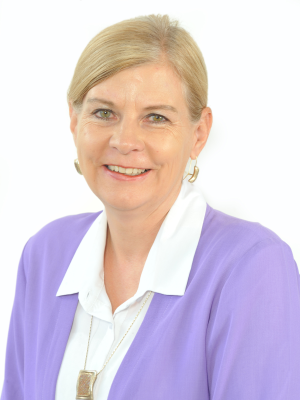
Senior Deputy Vice-Chancellor: Teaching and Learning
Prof. Linda du Plessis
Executive Personal assistant to the Senior Deputy Vice-Chancellor: Teaching and Learning
Luzelle van Rensburg
Executive Personal assistant to the DVC: Teaching and Learning
(018) 299 4871
Luzelle.VanRensburg@nwu.ac.za
Senior Deputy Vice-Chancellor
The division of the Senior Deputy Vice-Chancellor (DVC) includes the Centre for Teaching and Learning, which is responsible for staff academic development, student support and development, e-learning and curriculum development.
The Unit for Distance Learning (T-L) provides that much needed accessibility to students to study a tertiary qualification from anywhere in South Africa and beyond, internationally, through the use computer and internet access. The UDL is thus instrumental in breaking down learning barriers to access to learning as not only does it provide flexibility for our students, but also enables students to study beyond the geographic limitations concerning access to metropolitan centres. Distance learning is also potentially to better enabler in terms of making possible self-paced learning (in terms of self-direction), all of which empowers students to reach their academic aspirations.
Teaching and learning as well as support services to our students feature highly on our priority list. Our dedicated lecturers from our faculties and support staff are therefore well-equipped to provide learning, support and guidance to our students. Our technological solutions have made it possible for teaching and learning to continue, uninterrupted, despite the challenges associated with power outages or Covid-19 as examples.
The UDL-TL aims to eventually expand its footprint into Africa and to achieve this, we will continue to invest in our students. Our promise is to provide opportunities for our students to accelerate their careers by obtaining their undergraduate and postgraduate qualifications thus improving their effectiveness and efficiency in the workplace, as well as contributing to their personal self-development. Let’s move forward together!
The Language Directorate of the NWU is a support services division that renders a variety of language services to the University: language planning (policy and implementation), translation, interpreting, language editing, language advice and a language ombudsperson function. Additionally, the Directorate also carries out research where this may be relevant to any of its language activities.
The Qualification and Academic Programme Planning Unit assists Faculties primarily with the processes concerning the internal approvals and recommendation consultative structures (such as the Senate Committee for Academic Standards), and external approval and accreditation processes relating to the CHE, SAQA, HEQC and DHET and other statutory bodies to ensure that the University's PQM remains updated, aligned to the University Strategy and responsive to changes in the regulatory and market environments.
The Academic Grants Manager is also located within the DVC's division and oversees and reports on the earmarked grant activities (for teaching and learning as well as research, in collaboration with the DVC’s Research and Innovation Office) for which reporting to government and other agencies is required. Finally, the DVC’s office supports the Registrars Committee for Agreements with the NWU, which ratifies all agreements with the NWU that have a teaching and learning focus (whether for post-, undergraduate, or continuing education programmes) for signature. Finally, the Executive Adviser to the DVC provides specialist support for dedicated initiatives and projects relating to the University's programmes and strategic prerogatives in the DVC’s office.
The DVC's Leadership Team
- Prof. Willie van Vollenhoven - CTL
- Sharon Paulse - Q&APP
- Dr Joany Fransman
- Dr Kea Seshoka, Director for the Language Directorate (LD)
-
Edwina Fransman, Manager for the Academic Grants Administration (AGA)
Support Specialists
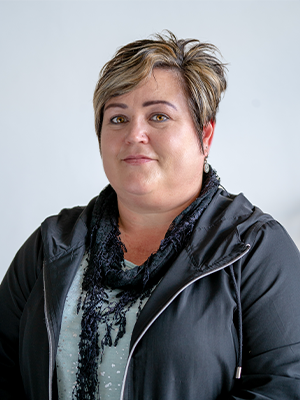
(018) 299 4871
Luzelle.VanRensburg@nwu.ac.za
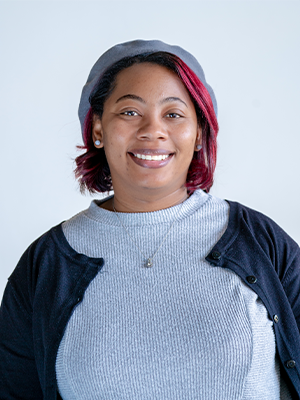
(018) 285 2105
Centre for Teaching and Learning
The Centre for Teaching and Learning (CTL) is responsible for staff academic development, student support, e-learning and curriculum development.
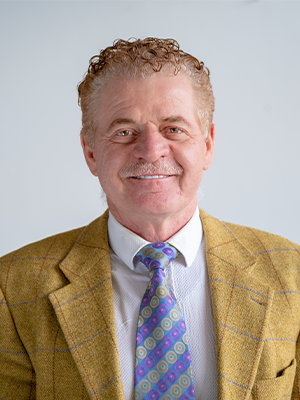
Prof. Willie van Vollenhoven
Chief Director: Centre for Teaching and Learning (CTL)
(018) 299 4868
Willie.VanVollenhoven@nwu.ac.za

Personal assistant to the Chief Director: Centre for Teaching and Learning
Luzelle van Rensburg
(018) 299 4871
Luzelle.VanRensburg@nwu.ac.za
Language Directorate

Senior Administrative Assistant
Lefa Sobuthongo
(018) 299 4445
Academic Grants Administration
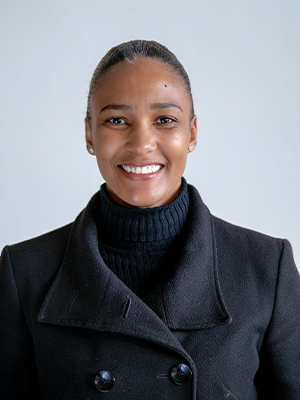
Academic Grants Manager
(018) 285 2334
Edwina.Fransman@nwu.ac.za
Senior Administrative Assistant
Tebogo Kgaile
(018) 389 2490

Gender awareness and LGBTIQ+ matters
Gender Awareness is a critical component of the Diversity focus of the NWU. There are a number of institution-wide projects and initiatives. Within the DVCs Office, there is a Steering Committee for Awareness of Gender. This is representative of student LGBTIQ leadership as well as representatives from the Faculties of the NWU. This committee, comprised of volunteer members of staff, exists to promote awareness of gender and to support through the DVCs Office University wide initiatives like The Rainbow Calendar and the various awareness weeks. There is also a network of LGBTIQ staff and allies within and outside the University known as the Gender Benefit Network. The GBN exists to raising funding to support student and staff initiatives to raise awareness of issues affecting LGBTIQ+ groups and it maintains the GBN Fund Rules.

